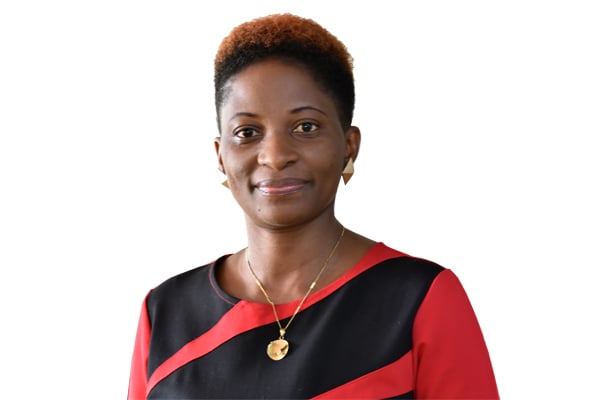The real heroes in our education system

Author: Angella Nampewo. PHOTO/FILE
What you need to know:
- ‘‘In some schools, teachers must be more than teachers to get anything out of their wards”
I have had the privilege of interacting intimately with schools both at the top rung of the ladder and the bottom. Following my column last week about how traditional schools are overrated, there was a stream of questions, especially on my moral authority to question the strength of such established schools. Blame it on the excessive modesty instilled at my former school that I didn’t reveal I went to one of the most highly rated traditional girls’ schools of my time.
A few people slipped into my inbox later and one reader pointed out an issue that had emerged for me at the time of Senior One selections this year. As the media often do, this year we collected some data on the cut-off points for Senior One entry at various schools countrywide.
Two things stood out for me after the exercise: First, that many mixed secondary schools have different cut-off points for boys and girls, with boys’ being set higher and secondly that there was a very long list of secondary schools whose cut-off point went all the way to Aggregate 28 score—an average of Pass 7 scored in each of the four subjects at PLE.
The head teachers of these schools which select from the bottom of the list, are the real heroes in Uganda’s education system because they take pupils whose prospects do not look so good on paper at Senior One and manage to produce some top grades out of them at the next level and even the next. Some of these schools are in hard-to-reach areas and the parents who choose to enroll their children there are likely not moneyed fellows. This is reflected in the modest tuition fees they set—again another area where we collected some data.
Like one of the readers suggested, we should be celebrating schools posting considerable levels of improvement, especially given the grade of pupils they admitted in the first place. In the readers’ own words, “parents lack credible performance analysis.” Why should we jump up and down in praise of schools that already admit the ‘creme de la crème’ of PLE candidates who have scored Aggregate 4, whose parents can afford to buy all the most up-to-date textbooks, who receive top feeding and do not have to cross rickety bridges and muddy rivers to get to school? Where is the surprise in the results of these schools then, if the top conditions were already laid down for them?
As media, we have been challenged to flip the narrative and shine a light on where some of the hardest work is happening in our education sector. In some schools, teachers must be more than teachers in order to get anything out of their wards. They become counsellors to families whose children are running off to go fishing instead of attending school; they must follow up the consistent latecomers to school, sometimes discovering that children must first assist parents with market duties or garden work before coming to school.
Teachers have to deal with the threat of some of their students potentially disappearing mid-course because some relative has designs to marry them off. Add this to the disasters of flooded roads, broken bridges, crossing islands to study and students perennially absent due to lack of fees, transport, sanitary pads and other essentials of life and you have a picture of the mountainous task that lies before the teachers in many of our schools.
Ladies and gentlemen, this is not fiction, I have met and spoken to some of these teachers and in my view, they are the real heroes of our system.
Ms Nampewo is a writer, editor and communications consultant
[email protected]



